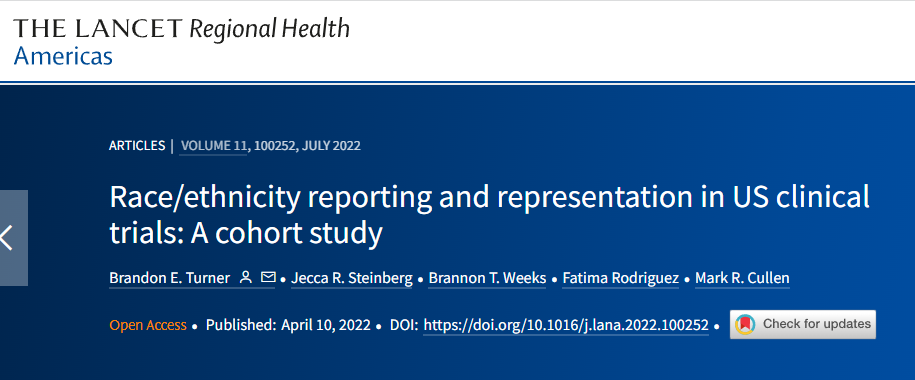CMS hopes to release a program of coverage updates under the term, "Transitional Coverage for Emerging Technologies," or TCET. So far, most CMS discussions have focused on Coverage with Evidence Development, including a workshop on the topic in February 2023.
However, access to care under CED has been severely biased against minority patients, as noted in a new article at Reuters and other sources.
___
The Reuters article, by Deena Beasley and Julie Steenhuysen, focuses on the pending full approval of Alzheimer drugs. Find it here. Under current policy, new Alzheimer drugs will be available to Medicare patients only in a registry, even if the drugs have full approval (as opposed to accelerated approval). Under the CED paradigm, access to Alzheimer-related services for Black patients has been severely curtailed. The Reuters article describes the PET-amyloid registry like this: "A first registry failed to recruit enough minorities. In the second, started two years ago, there are still 18 states without a single site enrolled."
Original Data
We can quickly confirm the original data from the 2019 JAMA publication on the CMS registry - here. Of 11,000 Medicare patients receiving services, less than 3% - only a couple hundred nationwide over five years - were Black.
In addition, the patients in the Medicare CED study were biased to certain socioeconomic groups, with 25% of patients having graduate degrees (and this, in a population that averaged over 70 years old).
2023 Data
A second Medicare patient registry, IDEAS-2, continues the problem into 2023. For example, there are zero participating facilities in two states with among the highest Black populations, North Carolina and South Carolina (22% and 27% Black, respectively.) Data here.
New Mexico, with an 11% Native American population, and 50% Latino, also has zero participating facilities.
For a recent review of bias against minorities in clinical trials, Turner 2022, here.
